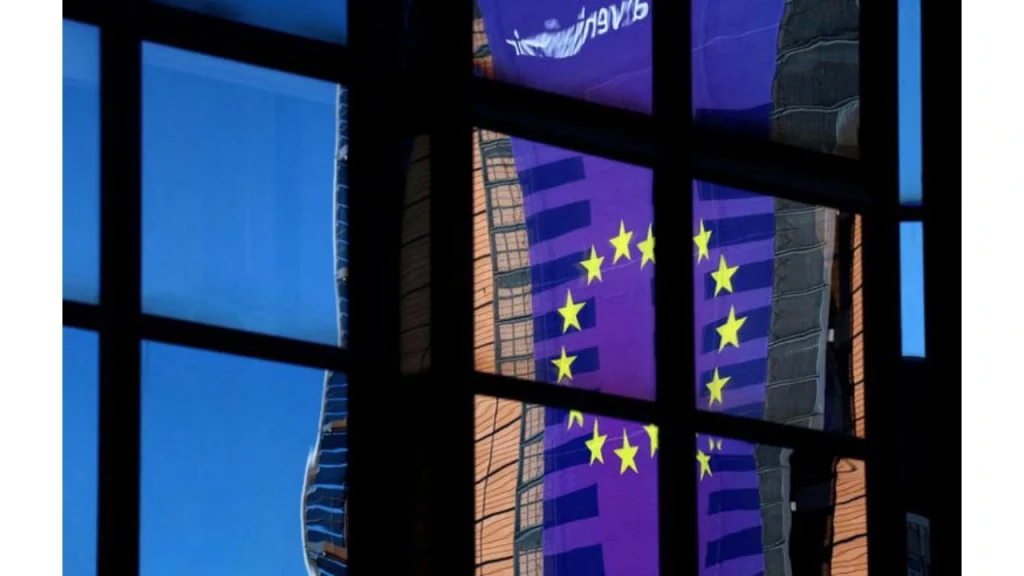- Open letter from regional operators asserts the EU’s proposed deregulation under the draft Digital Networks Act could “re‑monopolise” broadband infrastructure.
- With fibre expansion and fair access at stake, the telecom cohort—including Vodafone, Iliad and 1&1—urges Brussels to maintain current wholesale access obligations.
What happened: European operators reject EU proposal
A coalition of regional telecom operators—including Vodafone (UK), Iliad (France), 1&1 (Germany), and others—released an open letter to the European Commission. The letter warned that the Commission’s plan to ease regulation on national fixed‑network incumbents (like Deutsche Telekom in Germany) under the draft Digital Networks Act would amount to a “step backwards” that could usher in a re‑monopolisation of Europe’s broadband markets.
Signatories highlighted concerns that deregulatory changes would raise barriers for new or smaller fiber‑optic network builders, hindering network extension and innovation during Europe’s critical migration from copper to fibre . They emphasised that existing rules—mandating open wholesale access under fair terms—should remain intact to protect competition and ensure equitable infrastructure development.
Also read: Deutsche Telekom merges wholesale operations into ‘T Wholesale’
Also read: ARIN 55 Public Policy and Members Meeting registration now open
Why it’s important
The debate comes at a pivotal moment for European telecom policy. While Germany’s Bundestag recently passed national legislation to accelerate fibre and mobile network expansion, the EU’s broader regulatory approach remains contested.
Telecom firms argue that deregulation risks undermining investment by smaller operators—ultimately limiting choice and potentially increasing broadband costs for consumers across EU states.
Moreover, the open letter warns that weakened regulation could stall the EU’s high ambitions under the Digital Decade 2030 strategy, which aims to ensure gigabit connectivity and advance 5G/6G adoption across the bloc. The European Commission is accepting feedback on its proposals until 11 July 2025, raising the stakes for both sides in this regulatory tug‑of‑war.

